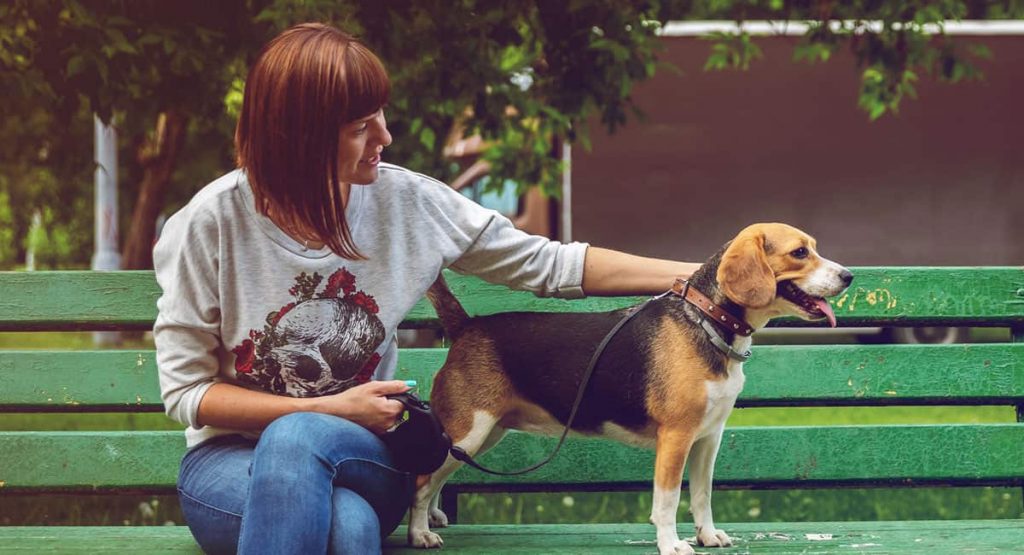There's a reason dogs are known as "man's best friend." Dogs and humans can grow to share a special and unusually close bond; if you have known and loved a dog yourself, you know these relationships can often parallel or surpass human-to-human relationships in terms of closeness and love.
Sometimes, we are caught off guard by how much grief for our dogs unsteadies us. Why does it hurt so much? It can be difficult to convey to those who don’t live with dogs just how much our dogs mean to us, but dogs are there with us through some of the most intimate moments in our lives. They share our homes with us; they sleep on our living room floors, on our couches, in our beds. They have nuanced personalities and little quirks we alone recognize through years of careful attention. We organize our day-to-day lives around our dogs: we feed them when they are hungry, comfort them when they are frightened, play with them when they are bored. Sometimes our dogs are our coworkers or help us navigate the world around us, in the case of working dogs, service dogs or therapy dogs. Once a dog learns to recognize us as a member of their pack, they dote on us with the diligent, fierce love they reserve only for their family. It is no wonder that the sudden loss of a dog’s presence in our lives can be utterly destabilizing.
Consider, too, the mind and lifespan of a dog. A dog’s life expectancy is around 10-12 years, but a fraction of our life expectancy, so it is highly likely you will at some point have to say goodbye to your pup. Another way dogs are different from humans is that they do not “grow up” like human children do; even though dogs do move from puppyhood to adolescence to adulthood, the cognition of a dog typically does not surpass that of a five-year old human child. There is a natural innocence to the needs and wants of a dog; a dog cannot betray or lie to you the way humans we love might. The loss of a dog, then, is a rare instance in which we are likely to experience grief uncomplicated by some of the other, typical feelings that arise when a human dies: a human who did not rely on us to have their basic needs met for all of their life, who had the intellectual faculties to hurt our feelings or make us feel alone, and whose love was conditional on our behavior or values.
All grief is different and unique to the individual, but a common feature of losing a dog is the sudden disruption of a long-held daily routine, because dogs need so much attention and/or exercise. When you are ready, it may be helpful to consider how you’d like your daily routine to look now that your dog has passed away. What was working for you about your previous daily routine, and what wasn’t? For instance: Did you have to get up early to walk your dog? If yes, did you like getting up and getting active with your furry friend in the morning, or would you have preferred to sleep late? How did a dog impact your social life? Considering these questions can help stimulate your thinking about how you want your life to look in the future. Maybe you liked the demands of caring for a dog every day; when the time is right, perhaps another dog will be in your future. Maybe you will not get another dog and find yourself with more freedom to travel, live in a less dog-friendly space, or buy different furniture. Even though they are not here on Earth to enjoy it with you, your dog would want you to build a happy, fulfilling new chapter of your life as you carry their memory in your heart.
For more specific ideas on how to process your loss, Pet Heaven recommends looking at our Remembering and Coping with The Death of Your Pet page. Above all, remember that it is a testament to your deep bond with your dog that you are hurting so much, and that what you are experiencing is a natural part of life.


